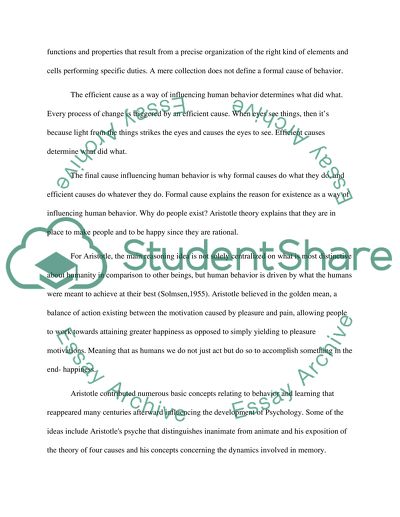Cite this document
(“Compare and Analyze Psychological Thinkers Across History Coursework”, n.d.)
Compare and Analyze Psychological Thinkers Across History Coursework. Retrieved from https://studentshare.org/psychology/1693040-compare-and-analyze-psychological-thinkers-across-history
Compare and Analyze Psychological Thinkers Across History Coursework. Retrieved from https://studentshare.org/psychology/1693040-compare-and-analyze-psychological-thinkers-across-history
(Compare and Analyze Psychological Thinkers Across History Coursework)
Compare and Analyze Psychological Thinkers Across History Coursework. https://studentshare.org/psychology/1693040-compare-and-analyze-psychological-thinkers-across-history.
Compare and Analyze Psychological Thinkers Across History Coursework. https://studentshare.org/psychology/1693040-compare-and-analyze-psychological-thinkers-across-history.
“Compare and Analyze Psychological Thinkers Across History Coursework”, n.d. https://studentshare.org/psychology/1693040-compare-and-analyze-psychological-thinkers-across-history.


